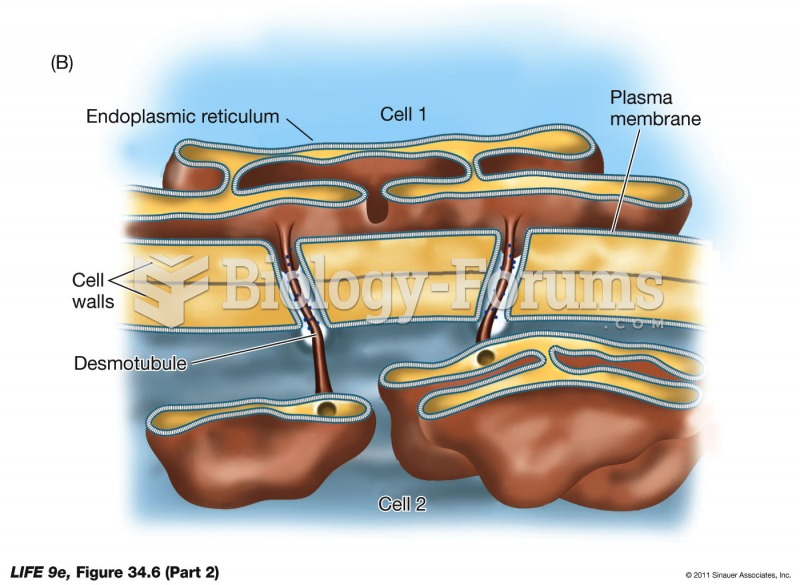|
|
|
Cytomegalovirus affects nearly the same amount of newborns every year as Down syndrome.
In the United States, an estimated 50 million unnecessary antibiotics are prescribed for viral respiratory infections.
Asthma cases in Americans are about 75% higher today than they were in 1980.
Hypertension is a silent killer because it is deadly and has no significant early symptoms. The danger from hypertension is the extra load on the heart, which can lead to hypertensive heart disease and kidney damage. This occurs without any major symptoms until the high blood pressure becomes extreme. Regular blood pressure checks are an important method of catching hypertension before it can kill you.
Approximately one in four people diagnosed with diabetes will develop foot problems. Of these, about one-third will require lower extremity amputation.







